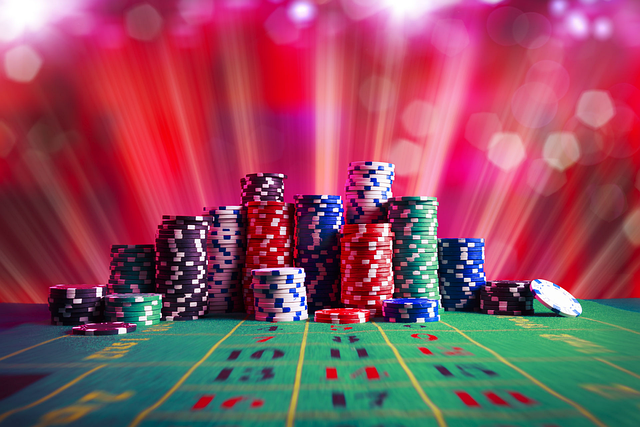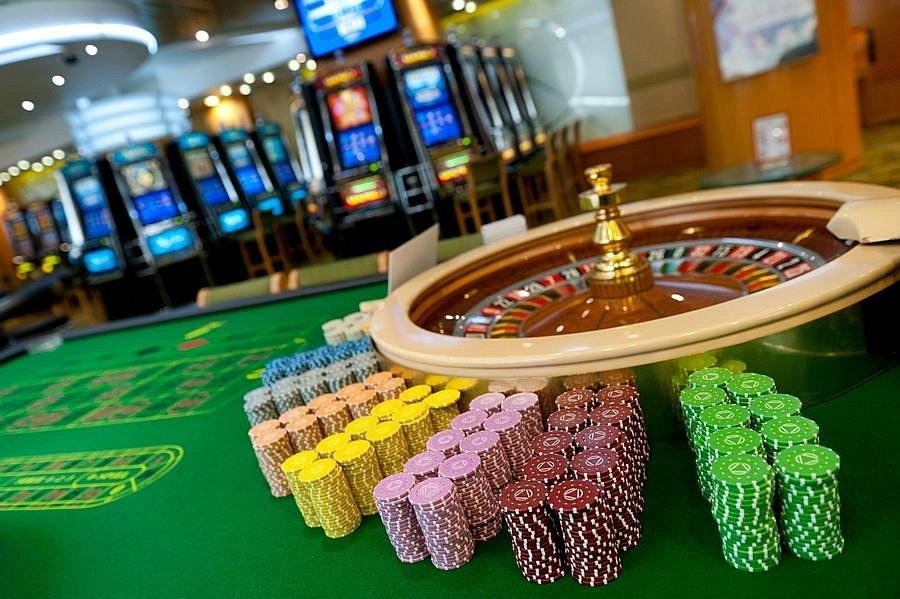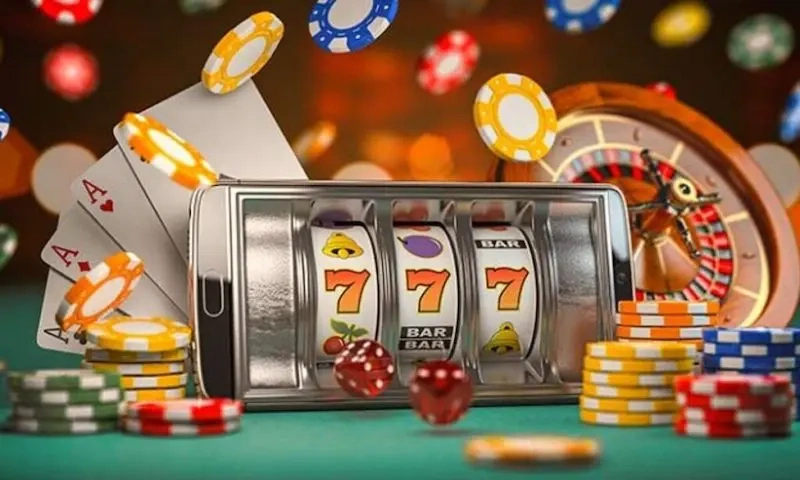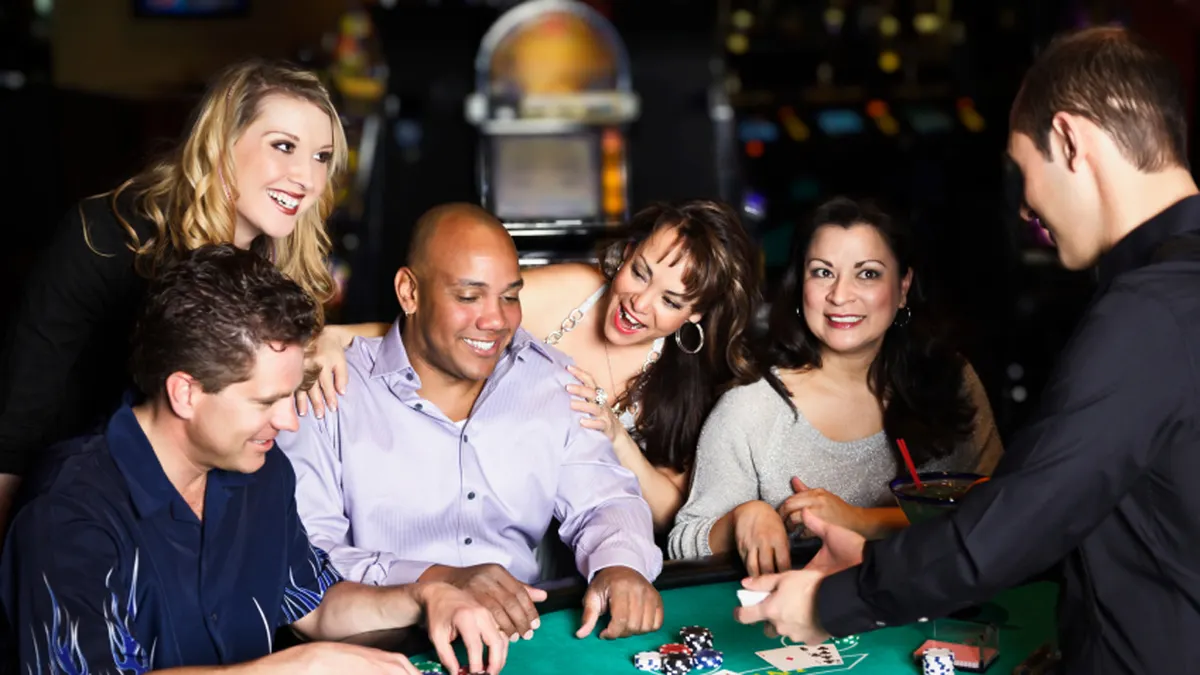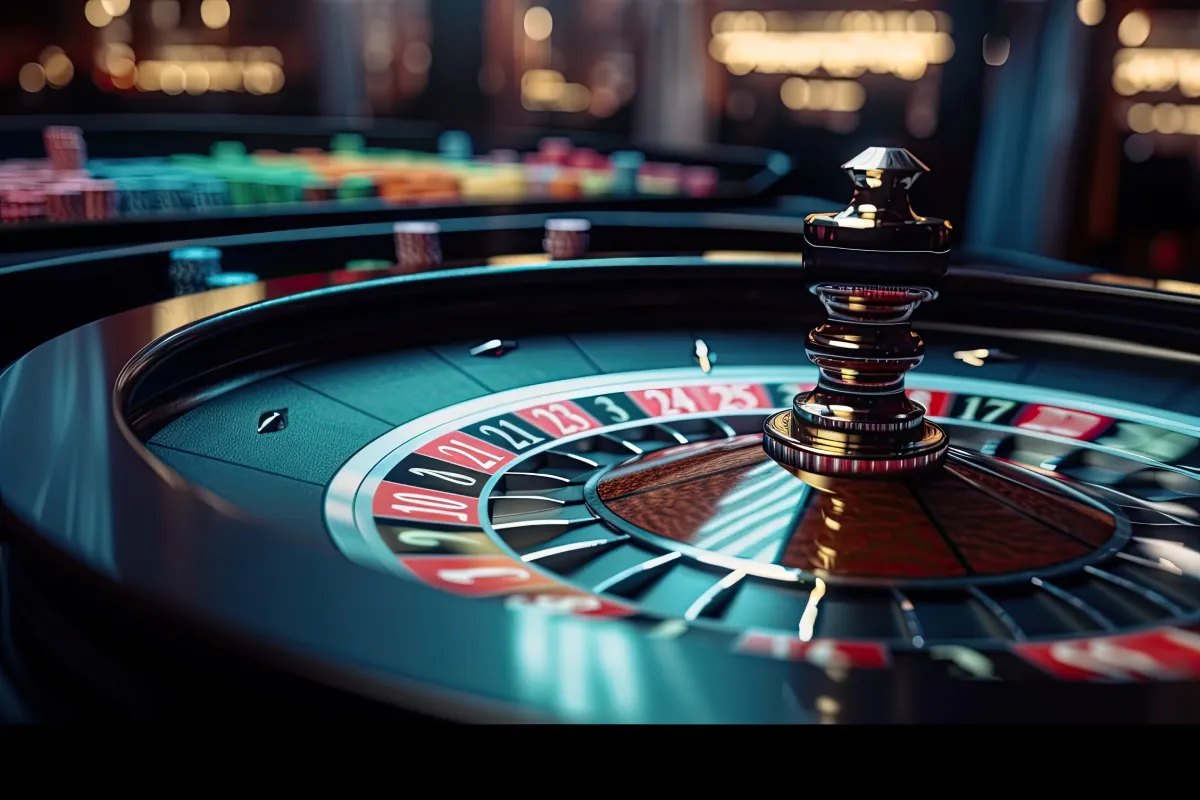
When Routine Feels Scarier Than Risk
To outsiders, casino risk looks intimidating; to many seasoned players, what’s truly frightening is the return to the everyday – schedules, inboxes, obligations, and the monotone of predictability. The casino (on your phone or in a live room) offers something the calendar rarely does: a compact story with suspense, choice, and a recognizable crescendo. Whether you encountered a lobby through a friend, a streamer, or a portal like Casinoly GR, the pattern is familiar: risk does not only promise money; it offers a temporary identity where uncertainty feels like oxygen. This article, written from inside the industry, aims to explain a paradox we hear often: “I’m more afraid of the grind than the gamble.” We’ll break down the neurobiology, behavioral economics, culture, interface design, and identity work behind that statement – and we’ll finish with practical guardrails for players and ethical ideas for operators.
What Do We Mean by “Fear of a Normal Life”?
“Normal life” is shorthand for routines built around stability: commutes and calendars, recurring bills, caretaking, deadlines, and the social scripts that define “responsible adulthood.” For many, these scripts are reassuring. For others, they trigger a specific cluster of reactions:


